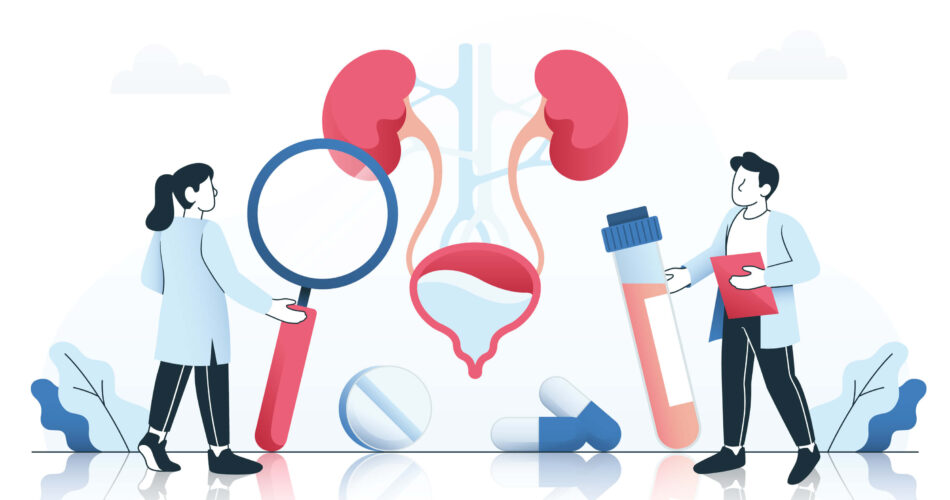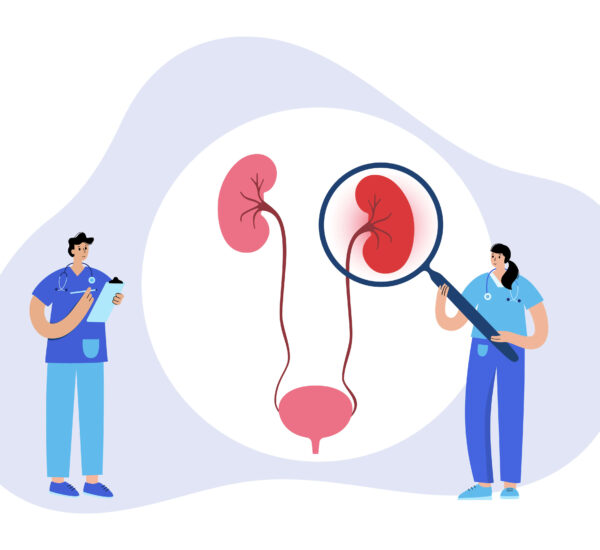A common urinary tract infection that predominantly affects women is acute cystitis. This infection is a possible threat to health that needs to be addressed. In this article, we will delve into the intricate details, providing you with a comprehensive overview and knowledge. Let’s dive in!
Understanding Acute Cystitis
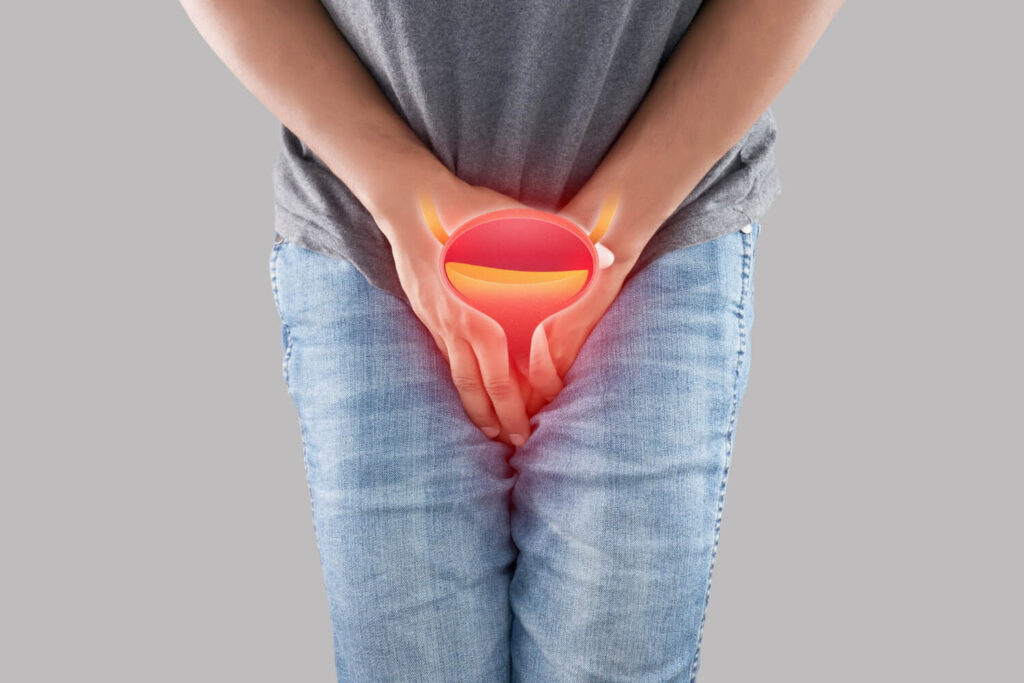
Acute cystitis refers to the inflammation of the bladder due to a bacterial infection. It occurs when bacteria, most commonly Escherichia coli (E. coli), enter the urethra and travel up into the bladder. The infection causes irritation and inflammation of the bladder lining, leading to a range of symptoms.
When bacteria enter the urethra, they can easily make their way into the bladder. This is more common in women due to the shorter length of their urethra, making it easier for bacteria to reach the bladder. However, men can also develop this infection, although it is less common. In men, it is often associated with underlying medical conditions such as an enlarged prostate or urinary tract abnormalities.
The Prevalence of Acute Cystitis
According to medical studies, approximately 50-60% of women will experience at least one episode of acute cystitis during their lifetime. The high prevalence in women can be attributed to various factors, including the proximity of the urethra to the anus, hormonal changes during pregnancy, and the use of certain types of birth control methods.
It is important to note that acute cystitis can occur at any age, but it is more common in certain populations. For example, sexually active women are more prone to developing this condition due to the increased risk of bacteria entering the urethra during sexual intercourse. Additionally, individuals with conditions that impair bladder emptying, such as kidney stones or urinary tract obstructions, are also at a higher risk of developing acute cystitis.
Furthermore, certain lifestyle factors can increase the risk of developing this infection. For instance, individuals who frequently use public restrooms or have poor hygiene habits may have a higher likelihood of acquiring bacterial infections. Additionally, individuals with diabetes or those who use urinary catheters are also at an increased risk of developing this condition.
Symptoms of Acute Cystitis

Common Physical Symptoms
Physical symptoms of acute cystitis include different scenarios when urinating. These warning signs can be uncomfortable for the patients. Let’s uncover each below!
Urgent Urination: Individuals may find themselves constantly searching for a restroom. This can disrupt daily activities and lead to feelings of frustration and inconvenience.
Burning Sensation During Urination: Can cause discomfort and pain, making it difficult to ignore the constant urge to relieve oneself.
Lower Abdominal Discomfort: This discomfort can range from a mild ache to a more intense pain, depending on the severity of the infection. It can make individuals feel uneasy and affect their overall well-being.
Emotional and Psychological Effects
While acute cystitis is primarily a physical condition, it can also have emotional and psychological effects on individuals. Dealing with the constant urgency to urinate and the discomfort caused by the infection can lead to increased mental stress. It is important to address these emotional aspects alongside physical treatment.
Anxiety: Individuals may feel on edge, constantly worried about finding a restroom in time. This can impact their ability to focus on tasks and contribute to feelings of stress and overwhelm.
Frustration and Irritability: The pain and burning sensation during urination can be a constant reminder of the infection, making individuals feel physically and emotionally drained.
It is important for healthcare providers to address these emotional and psychological effects to ensure holistic treatment and support for individuals with acute cystitis.
Causes and Risk Factors
Acute cystitis, a common urinary tract infection, can be caused by various factors. Understanding these causes and risk factors is crucial in preventing and managing this condition.

Bacterial and Lifestyle Causes of Acute Cystitis
The primary cause of acute cystitis is the introduction of bacteria into the urinary system. The most common culprit is Escherichia coli (E. coli),
E.Coli
When these bacteria enter the urethra and travel up into the bladder, they can cause infection and inflammation.
However, it is important to note that other factors can also contribute to its development. Several lifestyle factors can contribute to the development of acute cystitis.
Insufficient fluid
When a person does not drink enough water, their urine becomes more concentrated, providing an environment that is favorable for bacterial growth. Staying hydrated helps flush out bacteria from the urinary system, reducing the risk of infection.
Poor hygiene
Improper wiping after using the toilet, especially in women, can introduce bacteria into the urethra. It is essential to maintain good hygiene habits, including wiping from front to back and washing the genital area regularly.
Sexual Activity
During sexual intercourse, bacteria from the genital area can be pushed into the urethra. This can lead to infection if the bacteria reach the bladder. Urinating before and after sexual activity can help flush out any bacteria that may have entered the urethra, reducing the risk of infection.
Contraceptive Usage
Contraceptive that contain spermicides can disrupt the natural balance of bacteria in the genital area, making it easier for harmful bacteria to cause infection. Exploring alternative contraceptive options or using lubricated condoms without spermicides can help reduce the risk of acute cystitis.
By understanding and addressing these biological and lifestyle factors, individuals can take proactive steps to prevent and manage acute cystitis. It is important to consult with a healthcare professional for proper diagnosis and treatment if symptoms of acute cystitis occur.
Diagnosing Acute Cystitis
Medical History and Physical Examination
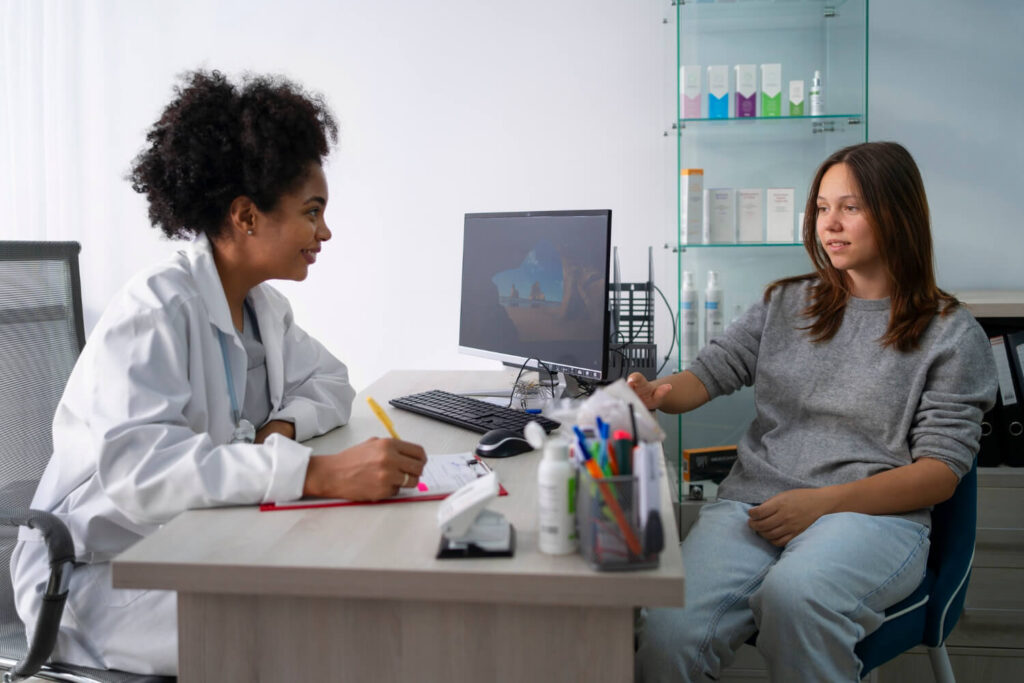
When diagnosing acute cystitis, healthcare professionals will typically begin by taking a detailed medical history and conducting a physical examination. By gathering information about your symptoms and medical background, they can determine the likelihood of acute cystitis and rule out other possible causes.
During the medical history assessment, the healthcare professional will ask you about the duration and severity of your symptoms, such as urinary frequency, urgency, and pain or discomfort during urination. They will also inquire about any previous episodes of urinary tract infections or other relevant medical conditions that may increase your susceptibility to cystitis.
The physical examination will involve a thorough examination of the abdomen and pelvic region. The healthcare professional may gently press on your lower abdomen to check for tenderness or pain, which can indicate inflammation of the bladder. They may also perform a pelvic examination in women to assess the health of the reproductive organs and rule out any other potential causes of symptoms.
Laboratory Tests and Imaging
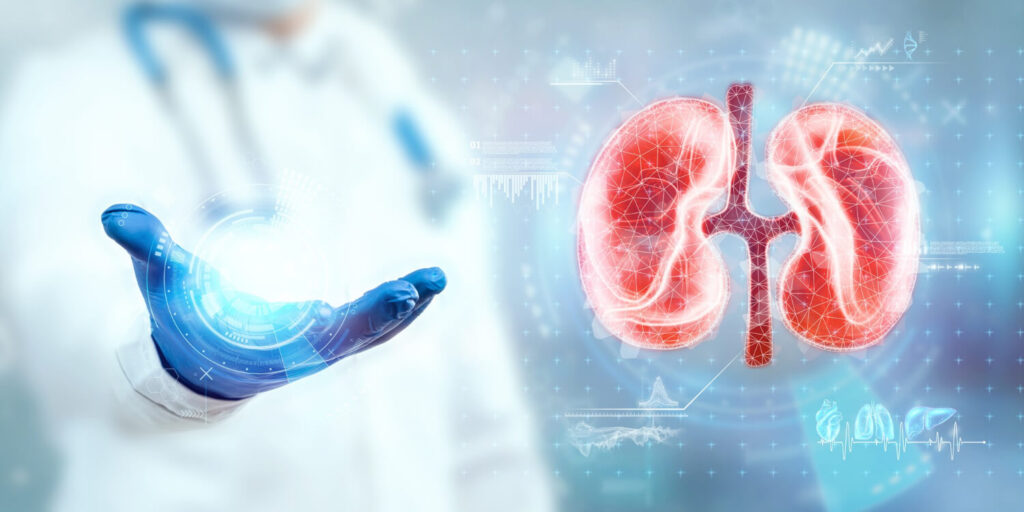
In some cases, healthcare professionals may request laboratory tests, such as a urinalysis, to confirm the presence of a urinary tract infection. A urinalysis involves analyzing a urine sample for the presence of bacteria, white blood cells, and red blood cells. The results can help determine the type of bacteria causing the infection and guide appropriate treatment.
Additionally, a urine culture may be performed to identify the specific bacteria causing the infection and determine its susceptibility to different antibiotics. This information is crucial in selecting the most effective antibiotic for treatment.
In certain situations where the diagnosis is unclear or complications are suspected, imaging studies may be utilized to evaluate the structure of the urinary system and identify any underlying abnormalities contributing to the infection. Ultrasound, a non-invasive imaging technique that uses sound waves to create images of the urinary tract, can help visualize the bladder and detect any abnormalities, such as bladder stones or tumors.
In more complex cases, a cystoscopy may be performed. This procedure involves inserting a thin, flexible tube with a camera into the urethra and bladder to directly visualize the lining of the urinary tract. It can help identify any structural abnormalities, such as urethral strictures or bladder diverticula, that may be causing recurrent cystitis.
By utilizing these diagnostic tools, healthcare professionals can accurately diagnose acute cystitis and develop an appropriate treatment plan tailored to your specific needs.
Rapid Relief Methods for Acute Cystitis

There are several methods available to provide rapid relief from the symptoms of acute cystitis. These treatments may include prescription medications and lifestyle changes that can aid in alleviating discomfort.
Take note that these methods may still vary depending on the result of the diagnosis. It would be best to consult with an expert for accurate findings and tailored treatment plans.
Here are some of the possible treatments to consider.
Over-the-Counter Treatments
Over-the-counter treatments can be a convenient and accessible option for managing the symptoms of acute cystitis. Nonsteroidal anti-inflammatory drugs (NSAIDs) and urinary analgesics are commonly used to provide temporary relief. These medications work by reducing inflammation, alleviating pain, and minimizing discomfort during urination. It is important to follow the recommended dosage and consult with a healthcare professional if symptoms persist or worsen.
Prescription Medications
In cases of severe or recurrent acute cystitis, healthcare professionals may prescribe antibiotics to eliminate the bacterial infection. Antibiotics are a crucial component of treatment as they target the underlying cause of the infection. It is important to complete the entire course of antibiotics as prescribed by the healthcare professional to fully eradicate the infection and prevent the development of antibiotic-resistant bacteria.
Aside from antibiotics, there are other prescription medications that may be recommended depending on the individual’s specific circumstances. These may include medications to help manage pain or reduce bladder spasms, providing additional relief from the symptoms of acute cystitis.
Home Remedies and Lifestyle Changes
Complementing medical treatments, various home remedies and lifestyle changes can aid in the rapid relief of acute cystitis symptoms. These simple yet effective measures can help alleviate discomfort and promote healing.
One of the most important aspects of managing acute cystitis is staying well-hydrated. Drinking plenty of water helps flush out bacteria from the urinary tract and promotes healing. It is recommended to drink at least eight glasses of water per day, or more if necessary.
Avoiding irritants such as caffeine and alcohol can also help reduce symptoms. These substances can irritate the bladder and worsen the discomfort associated with acute cystitis. Opting for non-caffeinated beverages and reducing alcohol consumption can make a significant difference in symptom management.
Practicing good hygiene habits is another essential aspect of managing acute cystitis. This includes wiping from front to back after using the toilet to prevent the spread of bacteria from the anal area to the urethra. Additionally, wearing breathable cotton underwear and avoiding tight-fitting clothing can help prevent moisture buildup and reduce the risk of bacterial growth.
Conclusion
Acute cystitis can significantly impact one’s quality of life. It can result in discomfort, which affects both the body and mental health of the patient. That’s why it is crucial to understand its causes, symptoms, and available rapid relief methods. Doing so empowers individuals to effectively manage this common condition early on.
Promote long-term urinary health and overall well-being today. Book a consultation with a doctor to begin your journey to a healthy urinary system.
